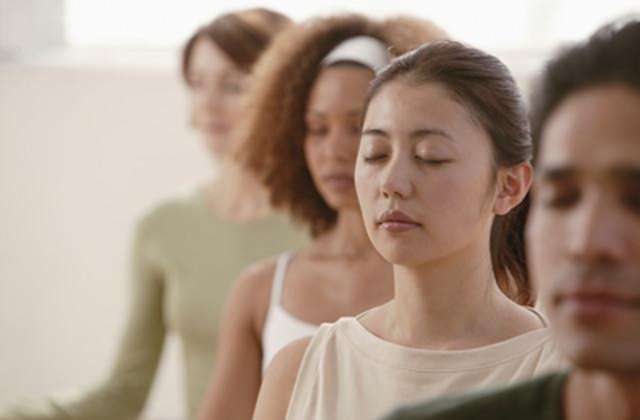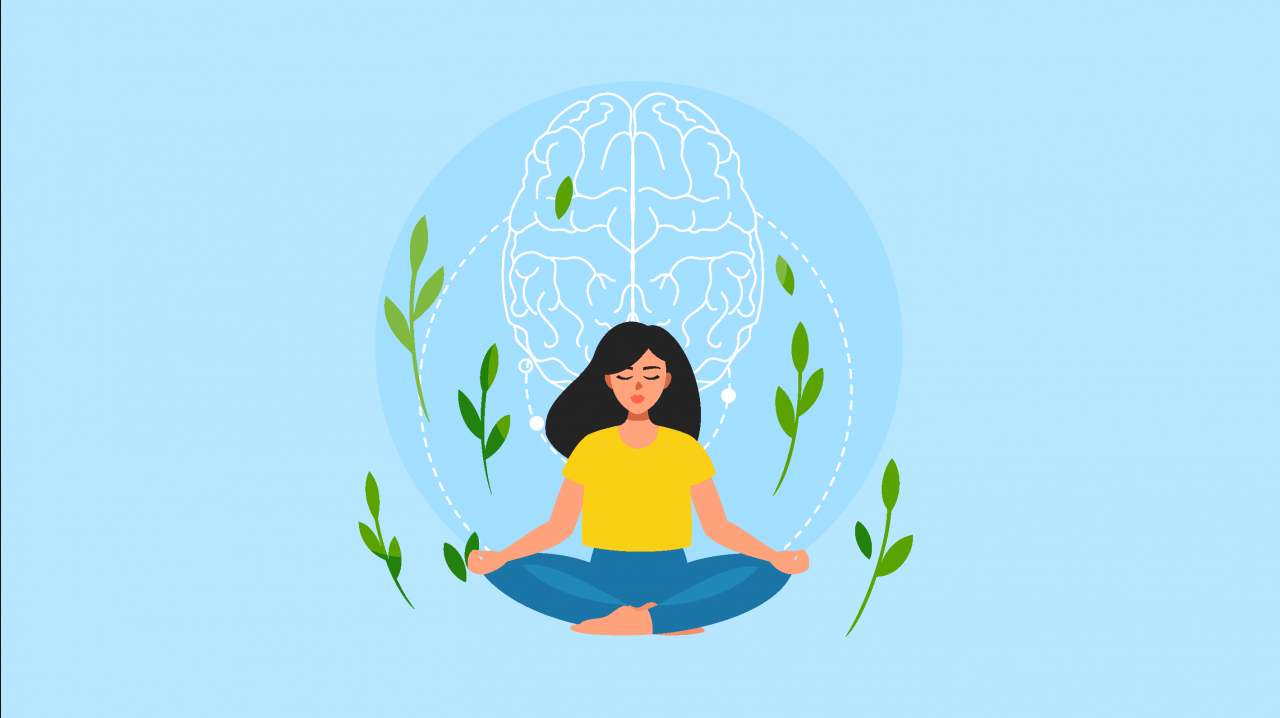In the chaotic hustle and bustle of modern life, finding peace and tranquility can often feel like an unattainable dream. But what if there was a simple, powerful tool that could help you tap into a wellspring of calm and clarity, no matter where you are or what you’re facing? Welcome to the enchanting world of meditation, where serenity awaits those willing to embrace its transformative magic. Join us on a journey of self-discovery and inner peace as we explore the profound benefits of this ancient practice in unleashing serenity in our fast-paced lives.

Understanding the Power of Meditation for Achieving Inner Peace
Meditation has long been praised for its ability to bring peace and tranquility to the mind and body. The practice of meditation allows individuals to tap into their innermost thoughts and emotions, helping them to better understand themselves and find a sense of calm amidst the chaos of everyday life.
By taking the time to quiet the mind and focus on the present moment, meditation can help to reduce stress, anxiety, and overall feelings of overwhelm. Through mindfulness and deep breathing exercises, individuals can learn to let go of negative thoughts and emotions, bringing a sense of clarity and serenity to their lives.
One of the most powerful aspects of meditation is its ability to promote self-awareness and self-acceptance. By tuning into their thoughts and emotions, individuals can uncover deep-seated beliefs and patterns that may be holding them back from fully experiencing inner peace. Through regular meditation practice, individuals can begin to let go of these limiting beliefs and embrace a more positive and compassionate outlook on life.
Whether you are new to meditation or have been practicing for years, the magic of meditation lies in its ability to connect you to your true self and unleash a sense of serenity that can transform your life in profound ways. Take the time to explore different meditation techniques and find what works best for you, and watch as your inner peace and well-being flourish.
Techniques and Practices to Enhance Your Meditation Experience
Techniques and Practices to Enhance Your Meditation Experience
Embark on a journey of tranquility and self-discovery by incorporating these techniques and practices into your meditation routine. By embracing these methods, you can elevate your meditation experience to new heights and unlock the full potential of your mind, body, and spirit.
One effective technique to enhance your meditation practice is mindfulness. By focusing on the present moment and being fully aware of your thoughts and feelings without judgment, you can cultivate a deeper sense of peace and clarity. Practice breathing exercises, body scans, or simply observe your surroundings with a gentle curiosity to sharpen your mindfulness skills.
Another powerful practice is visualization. Visualize yourself in a serene and tranquil setting, whether it’s a lush forest, a sun-kissed beach, or a starlit sky. Engage your senses by imagining the sights, sounds, and smells of your ideal sanctuary, allowing yourself to immerse fully in this peaceful imagery.
Explore the benefits of mantra meditation by repeating a sacred word or phrase during your practice. Choose a mantra that resonates with you, such as “peace,” “love,” or “harmony,” and recite it softly or in your mind as you meditate. Let the soothing vibrations of your mantra guide you to a state of deep relaxation and focus.
Tips for Creating a Serene Environment for Meditation
Creating a serene environment for meditation is essential for those seeking inner peace and mental clarity. Here are some tips to help you transform your space into a tranquil sanctuary:
- Declutter: Clearing out any unnecessary items from your meditation space can help create a sense of calm and focus.
- Lighting: Soft, natural lighting or candles can help set the mood for relaxation and introspection.
- Aromatherapy: Burning incense or using essential oils can enhance the ambiance and promote a sense of peace and well-being.
- Nature elements: Bringing in elements of nature, such as plants or natural materials, can help connect you to the earth and promote a sense of grounding.
Creating a serene environment for meditation is not just about the physical space; it also involves setting the right intention and mindset. Before you begin your practice, take a few moments to center yourself and let go of any distractions or worries. Focus on your breathing and allow yourself to be fully present in the moment.
In addition to the physical aspects of your meditation space, consider adding elements that have personal significance or meaning to you. Whether it’s a favorite piece of artwork, a meaningful quote, or a memento from a special place, surrounding yourself with these items can help create a sense of comfort and inspiration.
Remember, creating a serene environment for meditation is a personal journey, and it may take some experimentation to find what works best for you. Trust your intuition and listen to what your mind and body need in order to create a space that nurtures your soul and brings you closer to a state of serenity and peace.
Incorporating Meditation into Your Daily Routine for Long-Term Benefits
Meditation is a powerful practice that can bring about a sense of peace and calm in our daily lives. By incorporating meditation into your daily routine, you can experience long-term benefits for both your physical and mental well-being.
One of the key benefits of meditation is stress reduction. By taking the time to sit quietly and focus on your breath, you can help lower your cortisol levels and promote a sense of relaxation. This can have a profound impact on your overall stress levels and help you better cope with the challenges of daily life.
Additionally, meditation can improve your focus and concentration. By training your mind to stay present in the moment, you can enhance your ability to focus on tasks and be more productive. This can lead to increased efficiency in your work and personal life.
Furthermore, incorporating meditation into your daily routine can also have positive effects on your relationships. By cultivating a sense of inner peace and self-awareness, you can improve your emotional intelligence and better connect with others. This can lead to more fulfilling and harmonious relationships with those around you.
As we close the chapter on unlocking serenity through the enchanting practice of meditation, remember that the magic lies within you. Embrace the stillness, let go of distractions, and allow peace to wash over you like a gentle wave. Whether you are seeking solace in a busy world or simply looking to connect with your inner self, the power of meditation is yours to harness. So, take a deep breath, center your mind, and embark on a journey of self-discovery and tranquility. Embrace the magic of meditation and watch as serenity blooms within you, guiding you towards a life filled with calm and clarity. So go forth, dear reader, and unleash the serenity that has always resided within you.




